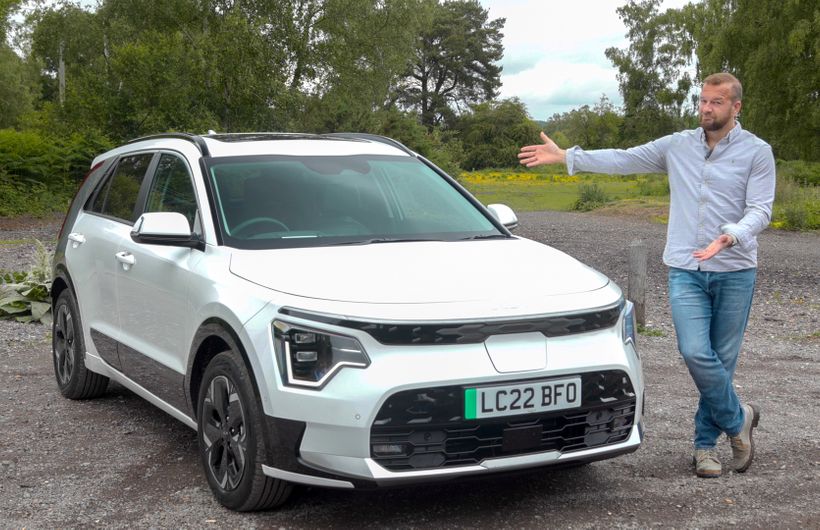Electric car owners will have to pay road tax and the company car benefit-in-kind rates will rise by 1% per year from April 2025, the Chancellor of the Exchequer announced today in his autumn statement.
Until now, 100% battery electric cars and some hybrids have been treated to free road tax – officially known as Vehicle Excise Duty – to help lower costs and encourage adoption. As electric cars have moved the mainstream it has left the government with a hole in its finances which this move intends to fix.
Details published by the Treasury show that electric car drivers will pay £165 per year from 2025, including any cars first registered between 1 April 2017 and 31 March 2025. Zero and low emission cars first registered between 1 March 2001 and 30 March 2017 will pay £20 a year, while electric vans will move to the rate for petrol and diesel light goods vehicles, currently £290 a year.
More worryingly, the Expensive Car Supplement - nicknamed the ‘Tesla Tax’ - which is currently not applied to electric vehicles will be reimposed in 2025.
New electric cars registered after 1 April 2025 will therefore be liable for the supplement, which currently applies to cars with a list price exceeding £40,000 for five years. This will add an amount which is currently £355 per year to the road tax bill for drivers of cars including family models such as a Kia Niro EV.
The benefit-in-kind taxation imposed by the Inland Revenue on company vehicles and cars leased through a salary sacrifice scheme is also to rise for electric cars. The current levels, which are pegged at 2% for zero-emission cars until 2025, will rise by a maximum of 1% per year from 2025 to 2028.
There was pressure to clarify the BIK levels to allow businesses and employees to make informed decisions about vehicles which are being ordered now and will be kept for three or four years on a typical lease cycle.
 Even humble cars such as the Niro EV will be subject to the so-called 'Tesla Tax' from 2025
Even humble cars such as the Niro EV will be subject to the so-called 'Tesla Tax' from 2025 




.png)







